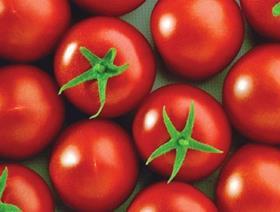
Spanish fresh produce groups have demanded the inclusion of phytosanitary control regulations in the European Union’s revised agreement of association with Morocco, after a banned fungicide was detected in imported Moroccan tomatoes.
Already among the strongest critics of greater trade concessions being made to the north African country, Spanish producer associations are now calling on the EU to introduce an obligation for Moroccan exporters to comply with European phytosanitary legislation.
The calls follow the detection last week, by the EU’s Rapid Alert System for Food and Feed (RASFF), of the fungicide procimidona in tomatoes in Swedish supermarkets at above permitted levels.
In a statement, Spanish exporter group Proexport said the fact that overseas growers were allowed to use procimidona at all, when the chemical is banned for use in the EU, “clearly illustrated the disadvantageous position” that European producers found themselves in.
According to EU legisation, the quantity of the fungicide permitted is less than 0.02mg per kg, while the amount detected in Sweden ranged between 0.44mg and 0.51mg per kg.
Proexport president Juan Marín Bravo said: “We are asking the EU to include phytosanitary control levels in agreements with overseas countries with the aim that fruit and vegetable imports meet European standards.”
Spanish producer-exporter federation Fepex urged the European authorities to apply “reciprocity as regards production conditions, covering phytosanitary, environmental and labour standards,” describing such terms as “essential” for the EU-Morocco agreement.



